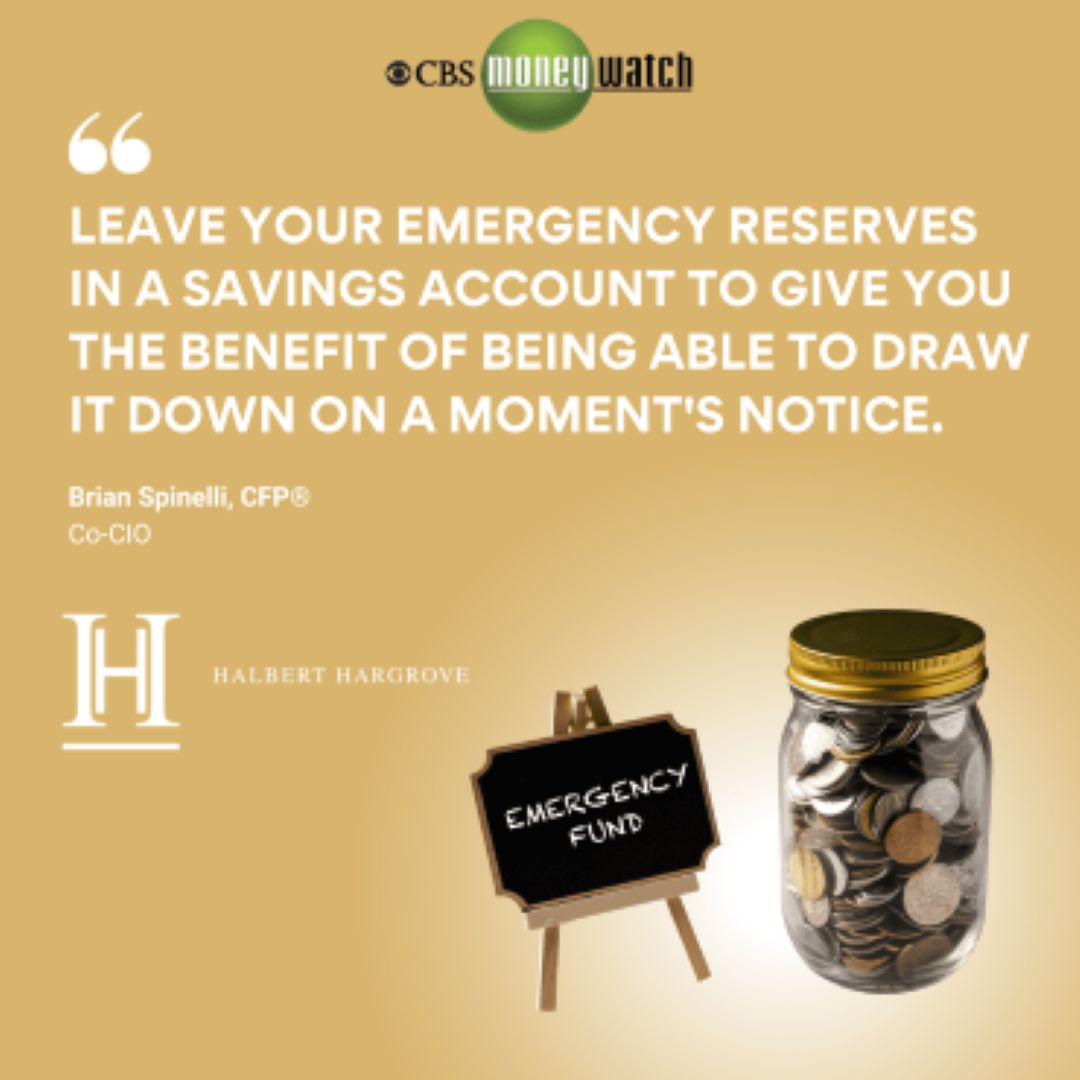By Kelly Ernst, CBS MoneyWatch featuring Brian Spinelli, CFP®, AIF®, Co-Chief Investment Officer
Saving money is one of the first steps to achieving financial security. With a healthy savings account balance, you have money to cover everything from unexpected expenses to large purchases without going into debt.
One of the easiest ways to grow your savings is by earning interest. With interest, the bank pays you simply for leaving money in your savings account. It doesn’t get much easier than that.
However, how much interest you earn depends on several factors. Fortunately, if you’re not earning much interest on your savings, you can use some simple strategies to boost your savings significantly.
How to earn 10 times more interest on your savings account (or more!)
Maximize the interest you earn on your savings by doing the following.
Choose the right type of savings account
The biggest factor in how much interest you earn is the type of savings account you choose. You do everything else on this list, but it won’t help you nearly as much if you have the wrong account.
Regular savings accounts currently offer an average rate of 0.42%, according to the FDIC. High-yield savings accounts, on the other hand, boast rates of up to 5.05%. That’s more than 10 times higher.
Compounded regularly, that difference can really add up over time.
Another option is to open a certificate of deposit (CD). These savings accounts offer rates as high (if not slightly higher) than high-yield savings accounts. And unlike high-yield accounts, which have rates that vary based on the federal funds rate, CD rates are fixed when you open the account, so they won’t go down even if overall rates do.
That said, most CDs require you to lock up your money for a set period.
If you need to access it before the term expires, you may pay a penalty. So, be sure to keep this in mind when deciding which type of account to open.
“For emergency reserves, leaving those in a savings account gives you the benefit of being able to draw it down on a moment’s notice,” says Brian Spinelli, CFP, AIF, Co-CIO at Halbert Hargrove.
“A CD is a bit more restrictive and the goal would be to hold them until they mature if you want to get the maximum amount of interest.”


